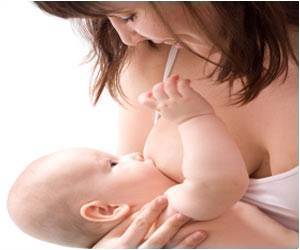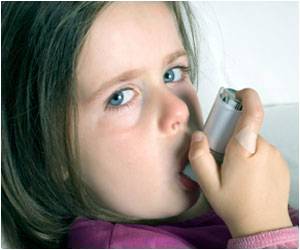
The research, designed to find out how well young children cope in daycare, shows babies use sophisticated techniques to make friends, attract attention, manage group situations and even make each other laugh, the Telegraph reported.
The tiny cameras were attached to the side of the heads of the babies with a soft headband or hat, and worn for about 15 minutes at a time.
Charles Sturt University researcher Jennifer Sumsion said that the footage showed the babies "were much more capable at a young age than we had anticipated", which "should reassure parents with children in childcare."
The research so far has been conducted on babies aged six to 18 months in two childcare centres and nine family day care homes.
Dr Sumsion said that the babies "interact with each other through making eye contact, subtle gestures, reaching out, and even using humour."
Advertisement
"And the footage also showed a new child about the same age starting childcare and others kept coming up and trying to touch her and reassure her, then realised that she was frightened as a result.
Advertisement
The study, funded by the Australian Research Council, is supported by Family Day Care Australia and KU Children's Services.
Source-ANI











